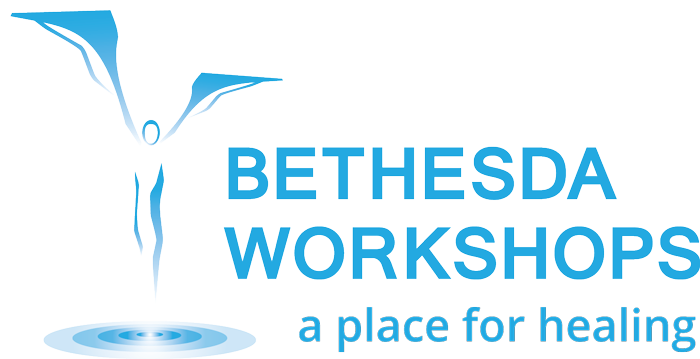Few things in recovery are as difficult for the sex addict as disclosing the secrets about his or her acting out, and probably nothing is as hard for the partner to experience. After disclosure, everything changes. The partner’s world shifts, and life will never be the same. The pain on both sides is nauseating and at times feels unbearable.
These hard realities about disclosure make it one of the most difficult therapeutic challenges – and perhaps the most important part of a couple’s recovery. At the same time, disclosure should only be done under the guidance of a professional with specific training and experience in facilitating it. Best practice involves following specific protocols with both the addict and the partner, which normally take several weeks at least to complete before the formal disclosure session.
At Bethesda Workshops we believe that full disclosure is absolutely necessary. The non-negotiable truth is that restoration within a relationship is impossible without the foundation of honesty. There can never be marital healing and true intimacy unless there’s complete disclosure.
“Full disclosure” means that the addict volunteers the truth about his or her acting out. The addict shares the nature of the behavior, meaning the broad categories such as viewing pornography, engaging in other Internet sexual activity, patronizing strip clubs, masturbating compulsively, or crossing the flesh line by having affairs, one-night stands, anonymous sex, visiting prostitutes, etc. The addict should provide a timeline of the acting out and disclose financial and other consequences. The addict must also provide the identity of any acting out partners that the partner knows.
Full disclosure does not mean telling graphic sexual details, which is often information the partner insists on. Specific details are rarely necessary and more often harmful. That kind of information feeds the partner’s obsession and further erodes her sense of self. A clinician should steer her away from those demands into the deeper issues, which is her desire to be wanted and to be enough.
Ideally, disclosure is done in the presence of a trained therapist, and the addict tells the whole truth at once. Unfortunately, it rarely happens that way, and this on-going string of disclosures only increases the partner’s pain and mistrust. Especially when the addict has mishandled disclosure in this way, we recommend an additional, formal disclosure session that provides full information in one structured sitting.
The professional should be prepared to spend additional time with the partner after disclosure to provide support and resources. These sessions are extremely painful and draining, but they also open the door for unbelievable healing.
The two-part podcast on disclosure may be helpful for professionals and recovering people alike.
